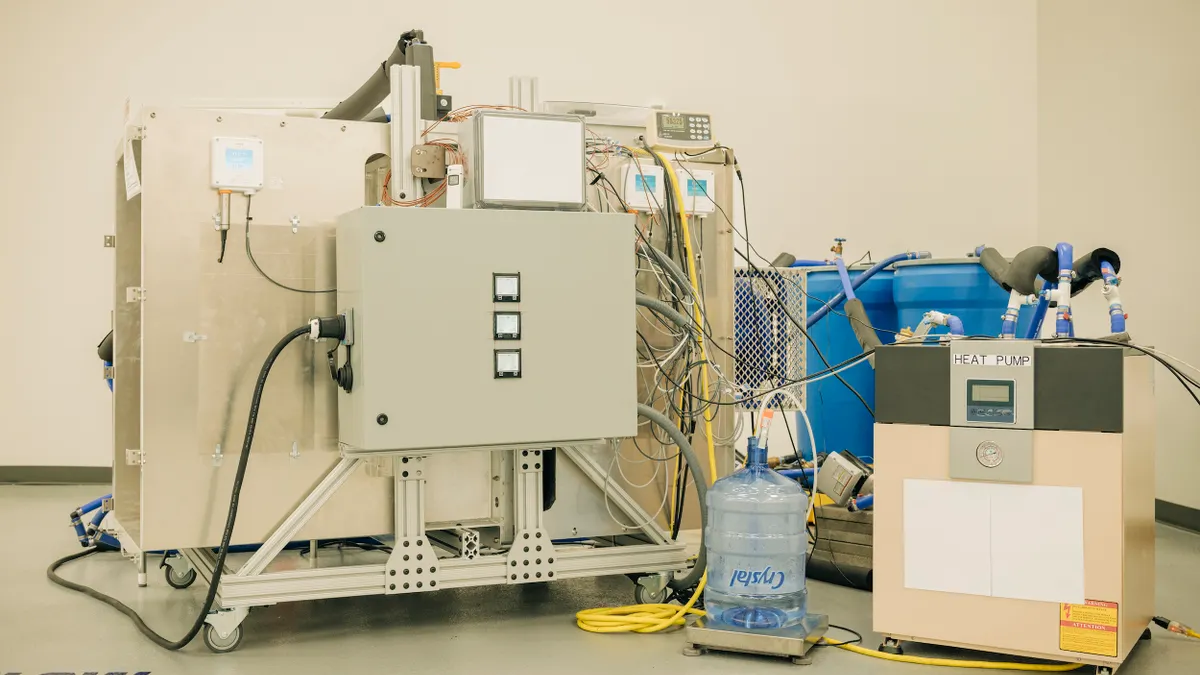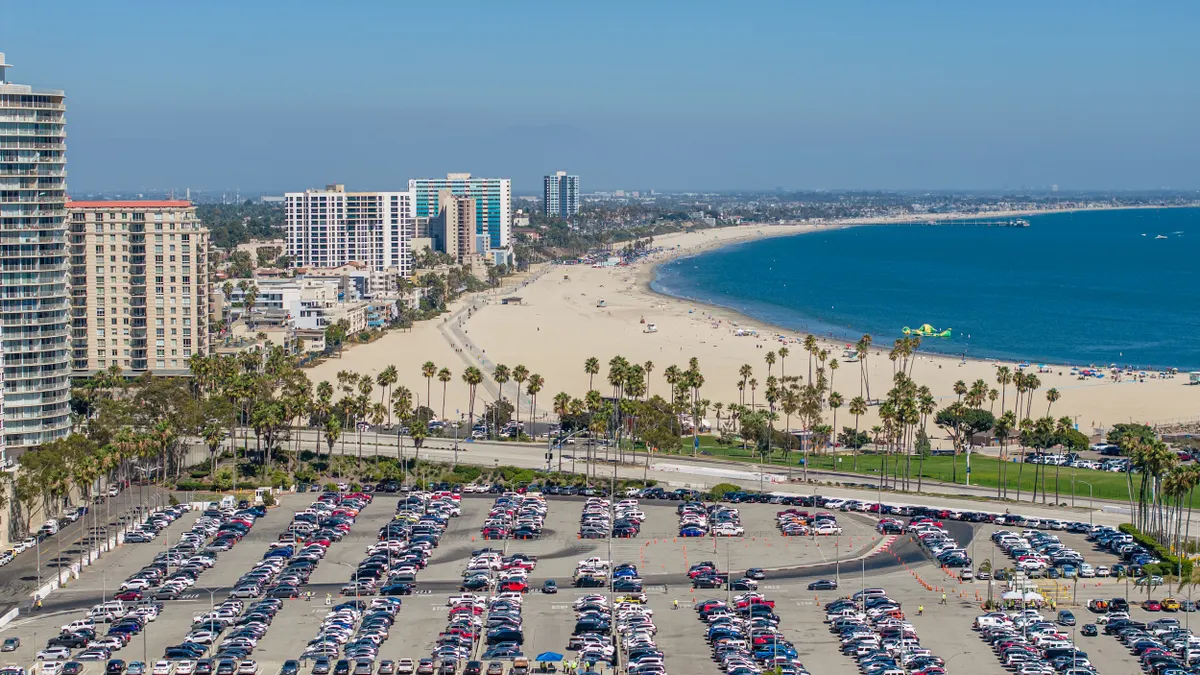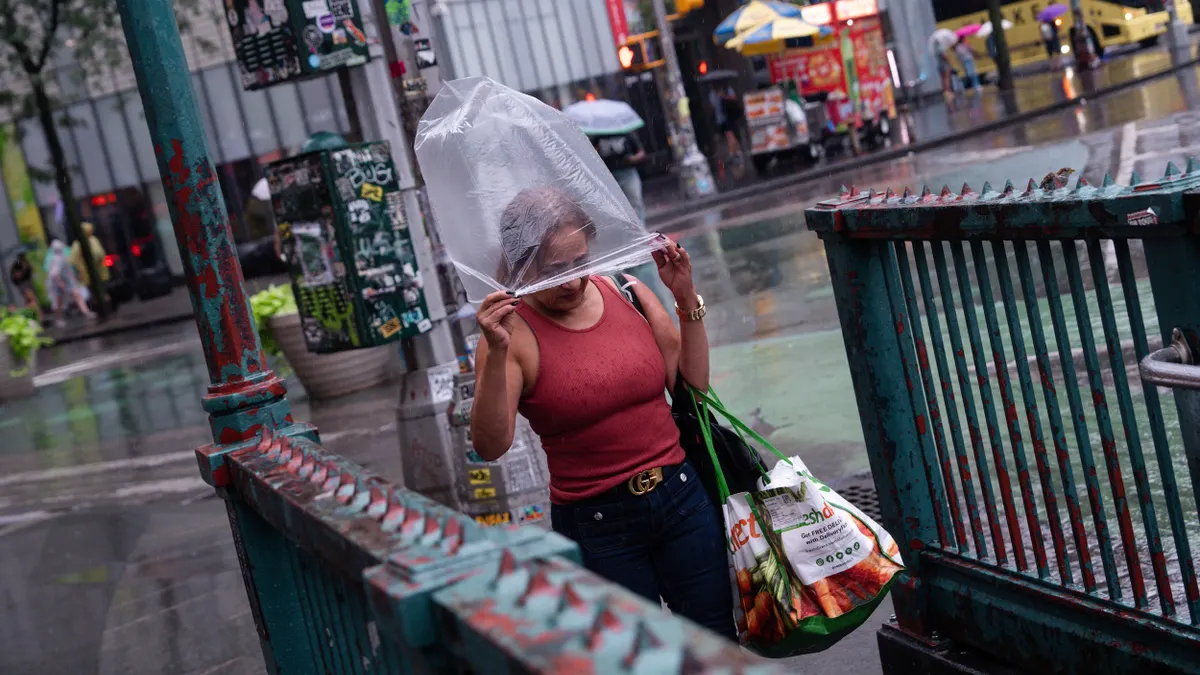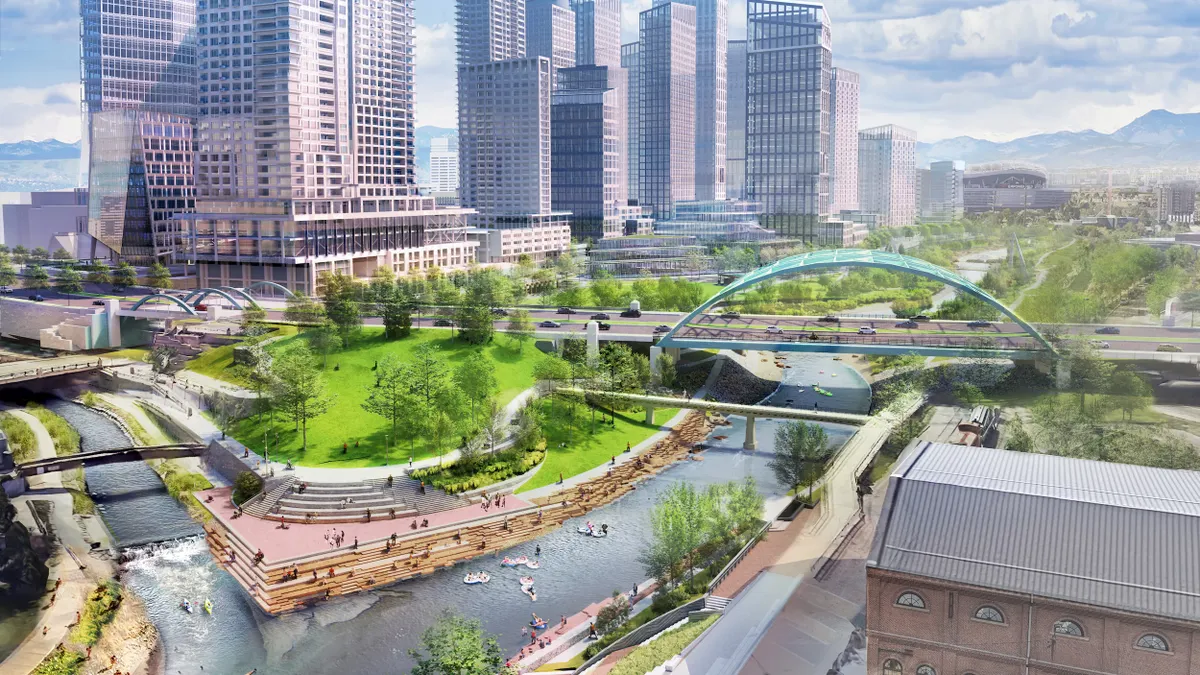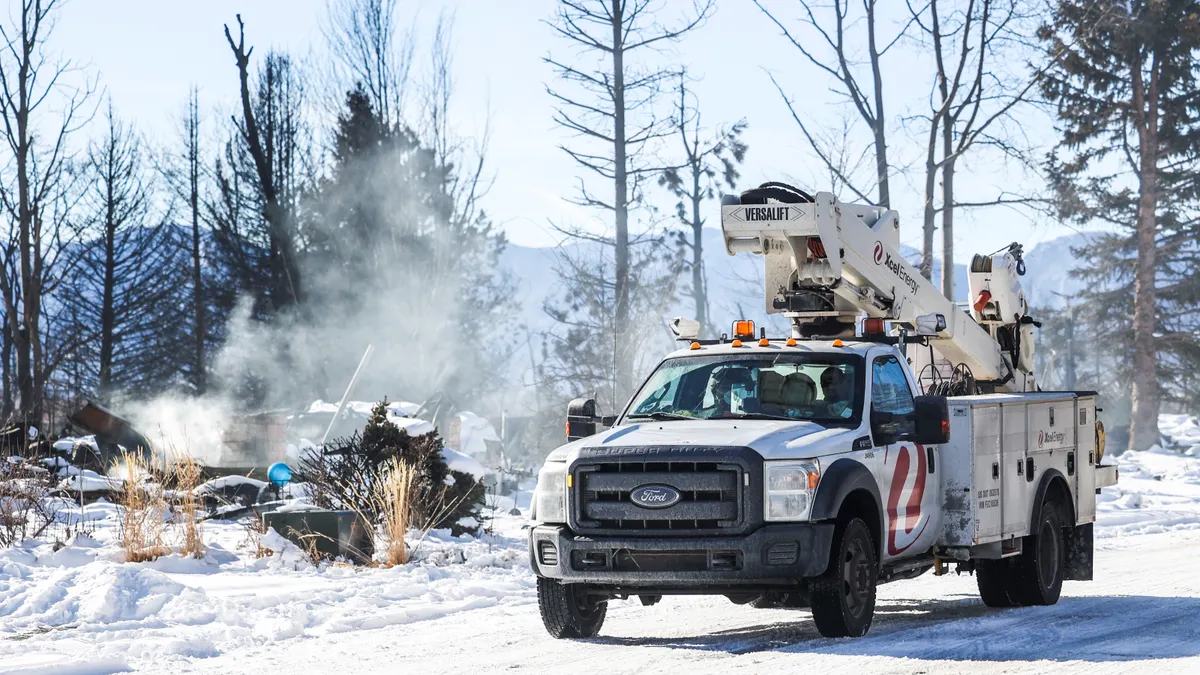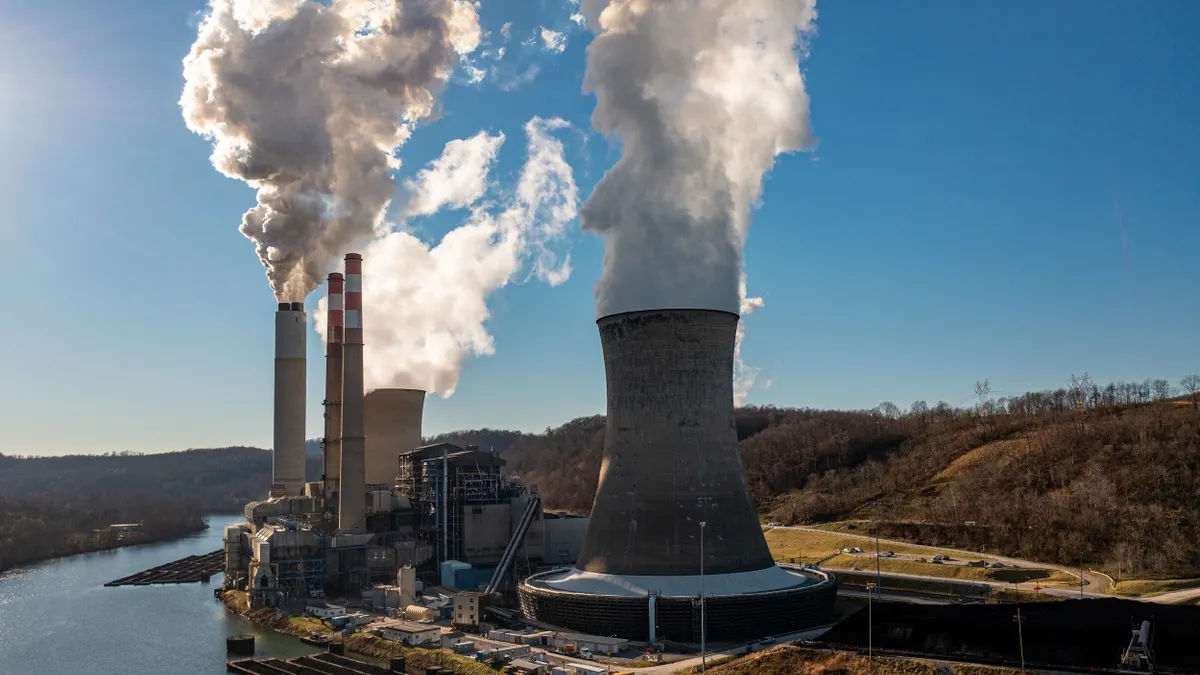The New York City Department of Sanitation expects to begin implementation of the first pilot zone in its commercial waste zones program in the second or third quarter of 2024, Commissioner Jessica Tisch said at a hearing Wednesday. DSNY is approaching nine years of working on the commercial waste zones program to make commercial waste collection more efficient, safer and less polluting.
The hearing with the city council’s Committee on Sanitation and Solid Waste Management in part focused on preparing local businesses for the transition. The location of the inaugural zone has yet to be determined; 19 additional non-exclusive zones would follow during a transition period over the course of a couple years.
Mayor Eric Adams’ administration has faced criticism over how long it has taken to advance the waste zones program. On Wednesday, Tisch described the tedious process as DSNY aims to follow procurement best practices.
The department announced in June 2021 that some 50 carters submitted proposals in response to the first part of the request for proposals. In November 2021, DSNY issued the second part of the RFP to gather more detailed information around pricing, technical plans and financial and compliance data.
At that time, DSNY expected to begin implementation in early 2023. However, the requested level of detail resulted in hundreds or thousands of pages of submissions from each carter, Tisch said Wednesday, and given “the complexity of the RFP and the amount of care and attention required to complete this process, this timeline was unrealistic.”
The department made a call for best and final offers to be submitted in November 2022.
An evaluation committee has begun reviewing the proposals. For each of the 65 contracts, the committee must score proposals, negotiate contracts, select awardees and then those contracts must be approved — a process that takes months for each, she said.
At the same time, DSNY is working toward realizing universal curbside composting by the end of next year. “Those two things are the two biggest levers that the city can pull to meaningfully impact our diversion rate in New York City, which has not budged in a while,” said Tisch.
Working through other concerns
DSNY hasn’t formally begun outreach with businesses yet, Tisch said, because many details of implementation are still being fleshed out. She reported that DSNY added office staff to focus on CWZ, added IT resources and has created a centralized outreach team. The goal is to reach more than 100,000 business owners through in-person canvassing, phone calls and direct mail ahead of CWZ implementation.
“DSNY learned a few important lessons from Los Angeles,” Tisch said, calling LA’s initial implementation of commercial waste zones years ago “nothing short of a disaster.” The lessons included recognizing potential negative impacts from price increases to customers, the downside of single-carter monopolies within zones and the need to take a phased approach rather than implementing the program all at once.
“We know that commercial waste regulations face two existential threats that must be managed: massive downstream increases in cost to businesses and litigation that stalls implementation,” Tisch said, and the department has worked to mitigate them through the design of the RFP process.
“I want to assure the Council once again that we are fully committed to implementing commercial waste zones, and we are committed to getting it right,” Tisch said. The Solid Waste Association of North America applauded Tisch’s “candid and transparent testimony,” CEO David Biderman said in an emailed statement. “She is correct that if CWZ is going to be implemented in New York City, it’s worth taking the time to do it right.”
With the focus of this week’s hearing on businesses, possible price increases remain a key concern.
Brooklyn Borough President Antonio Reynoso, the sanitation committee’s previous chair, also testified to the committee, noting that historical costs came with the use of old trucks, safety problems and pollution. While it’s not known whether prices will rise, Reynoso said, “Justice isn’t free.”
The transition itself is the bigger concern that Reynoso said he hears about. “They need to know what they're going to do right now so they can start preparing for the field,” he said, noting haulers need to order trucks more than a year in advance but don’t know where they’ll be working.
Tisch expressed some concerns about a bill to create a working group that would convene once carters are selected, saying she cannot support it in its current form. “The inclusion of designated carters in the working group would present legitimate concerns about favoritism and access that could threaten the implementation of the program,” Tisch said. The inclusion of carters in the working group also could put the program in legal jeopardy, she said.










